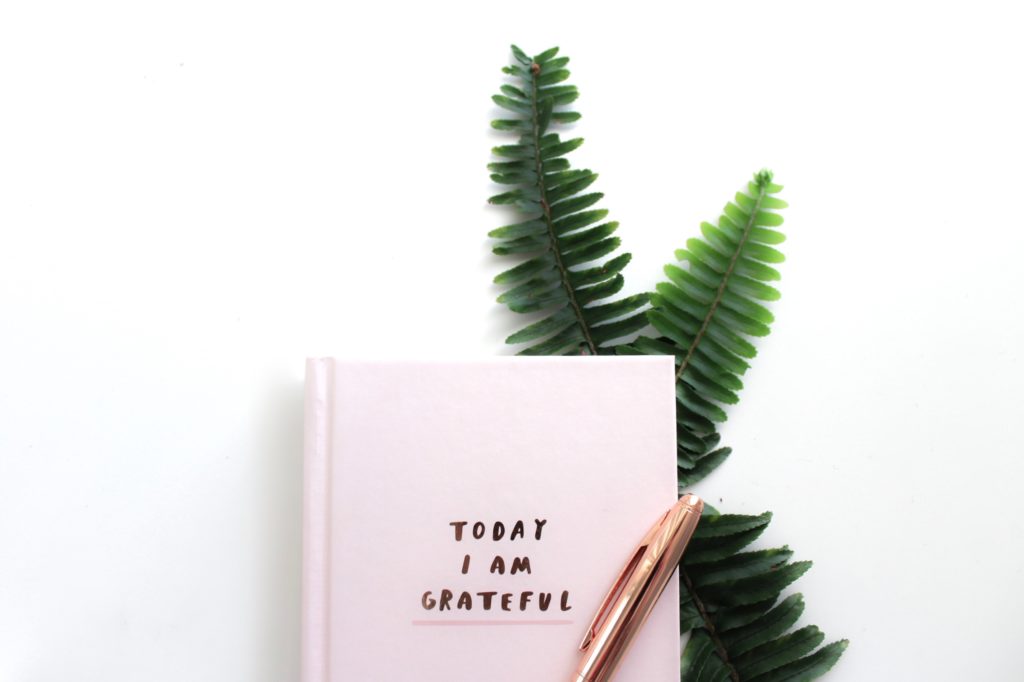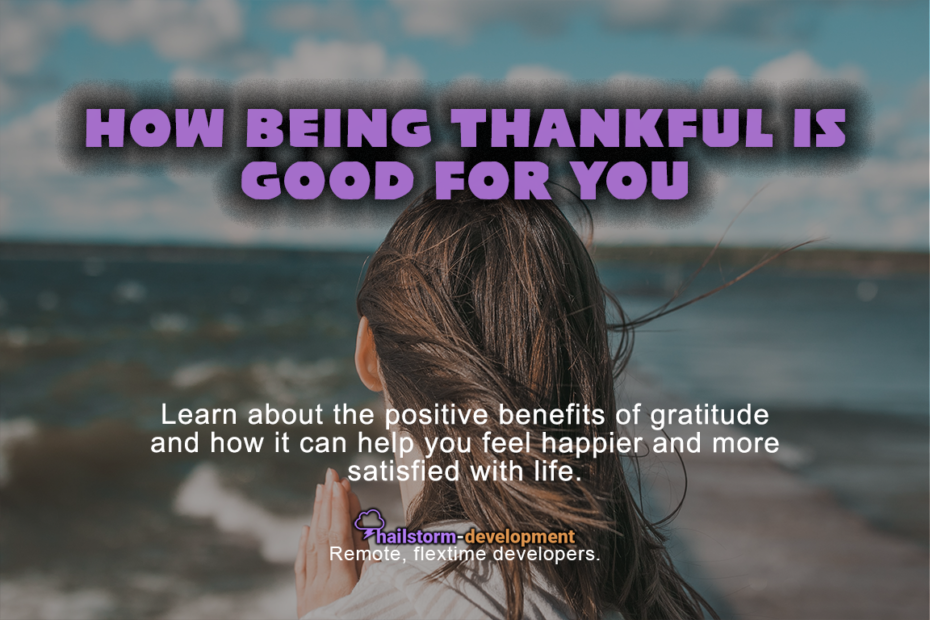Thankful for the Holidays?
As the holiday season begins, many people have high expectations for festive, friendly times. However, this response is not the same for everyone. People that have been diagnosed with anxiety, depression, or have seasonal affective disorder may be plagued with feelings of sadness, hopelessness, or loneliness.
Gratitude and its Benefits

Research shows that people who are grateful generally tend to be happy and healthy. In addition, they exhibit lower levels of stress, depression, anxiety, and have better sleep.
An experiment that asked participants to write and deliver thank-you notes noted that they experienced a large increase in happiness for over a month.
Practicing Gratitude
There are many ways to practice gratitude on a regular basis. For instance, if you are too busy to hand-write thank you notes, the simple act of thanking someone mentally can help to refocus you on what you have instead of what you lack. Religious persons may find solace in daily prayer or via meditation. To learn more about meditation and how it can reduce stress, read our post.
- Write a Thank You Note
- Thank Someone Mentally
- Keep a Gratitude Journal
Writing a thank you note is one of the easiest ways that you can encourage a coworker or provide a formal thank you. You can send the letter or deliver it and read it in person. Don’t forget yourself, though. It’s good to write a thank you to yourself once in a while for a job well done.
If you don’t have the time to write a letter, thank someone mentally. Think about someone that has done something nice for you, and thank them in your head.
Keeping a gratitude journal is an easy habit to tack on to your morning or evening routine. Write down thoughts pertaining to gifts (physical or not) you’ve received. Later, you may want to share this with someone.
Other Ways to Practice
Count Your Blessings
Scheduling a weekly time to sit and write about your blessings is a great way to reflect on the good things that happened to you. If you find this difficult to start out, pick a number (like 3 or 5) and try to write down that many things that occurred.
Meditate
Mindfulness involves focusing on the present moment and being in the now. Starting out, try meditating for 30 second to a minute. Once you’ve gotten the hang of it, gradually increase the time you spend meditating each day.
In Conclusion
Ultimately, no matter how you decide to practice gratitude, you’ll start to notice benefits after only a few sessions. Though some of the studies referenced cannot definitively prove cause and effect, but they all seem to have this in common: exhibiting gratitude increases happiness scores and can lead to a better overall well-being.
Resources & Further Reading
Chopic, W. J., Newton, N. J., Ryan, L. H., Kashdan, T. B., & Jarden, A. J. (2017, December 15). Gratitude across the life span: Age differences and links to subjective well-being. Retrieved November 18, 2020, from https://www.tandfonline.com/doi/abs/10.1080/17439760.2017.1414296
Gunderman, R. (2019, November 28). Why being thankful is so good for your health. Retrieved November 18, 2020, from https://www.cnn.com/2019/11/28/health/thanksgiving-gratitude-conversation-wellness/index.html
Harvard Health Publishing. (2020, June 17). Giving thanks can make you happier. Retrieved November 18, 2020, from https://www.health.harvard.edu/healthbeat/giving-thanks-can-make-you-happier
Weiss, A., Burgmer, P., & Lange, J. (2020, July 28). Surprise me! On the impact of unexpected benefits on other-praising gratitude expressions. Retrieved November 18, 2020, from https://www.tandfonline.com/doi/abs/10.1080/02699931.2020.1797638
